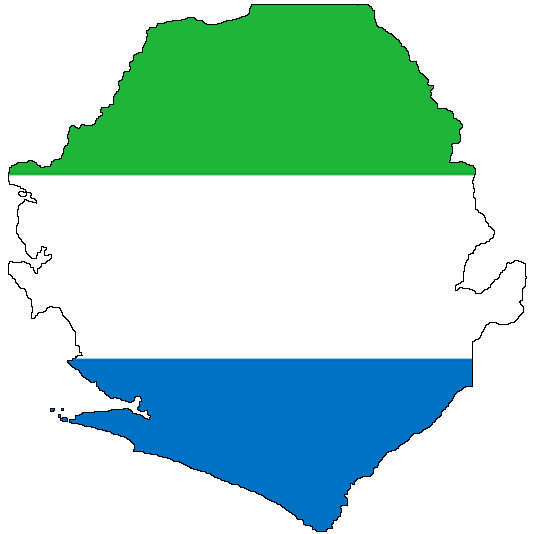My dress, My Choice sparks a lot of questions

It's time. The 16 Days of Activism Against Gender-Based Violence Campaign starts on November 25, and goes until December 10, Human Rights Day. It's time to take action, loudly and visibly, in our homes, schools, work places, parliaments, and in our neighborhoods. Below is Kandeh Mariama Seray's activism: Last week, hundreds of women marched through the streets of Nairobi, Kenya. According to reports, protesters, most of whom wore miniskirts, called for the men who had physically assaulted a woman dressed in a mini-skirt at a bus station to strip them too. Kenyans also launched an online protest: #MydressMychoice In turn, the protest galvanized a male group calling on women to dress appropriately. But what constitutes “appropriate dress” for women? And just why is it “acceptable” to dress in a particular way at a particular place but unacceptable in another? Nairobi street and online protest further sparked debate on gender-related dress across Africa. How i





